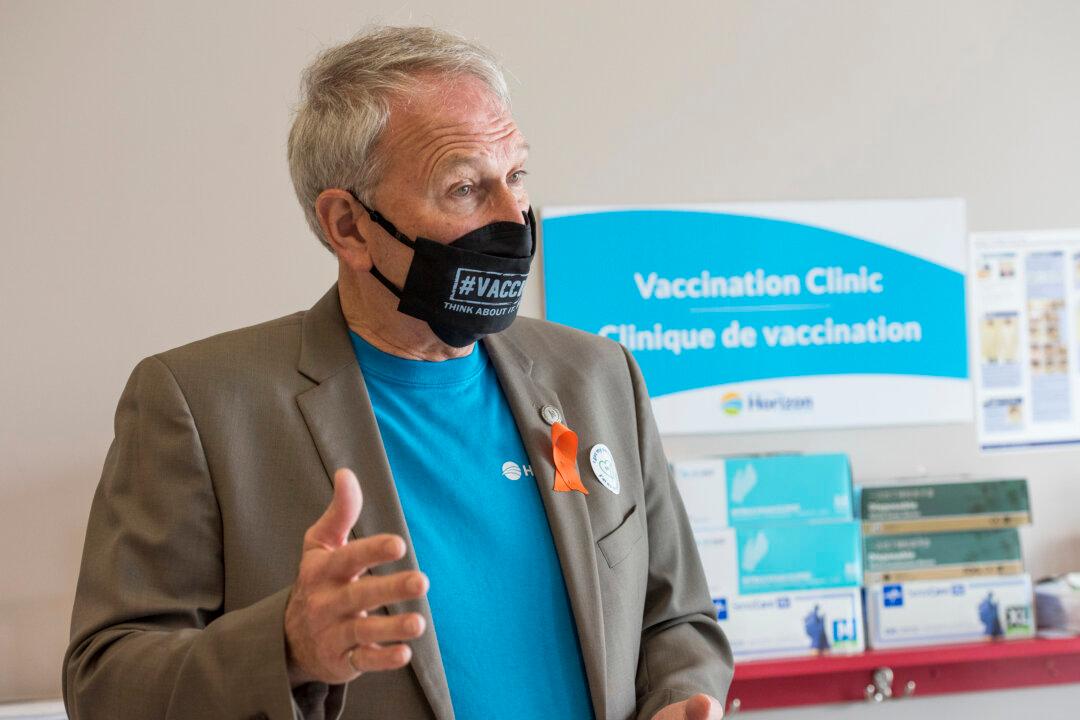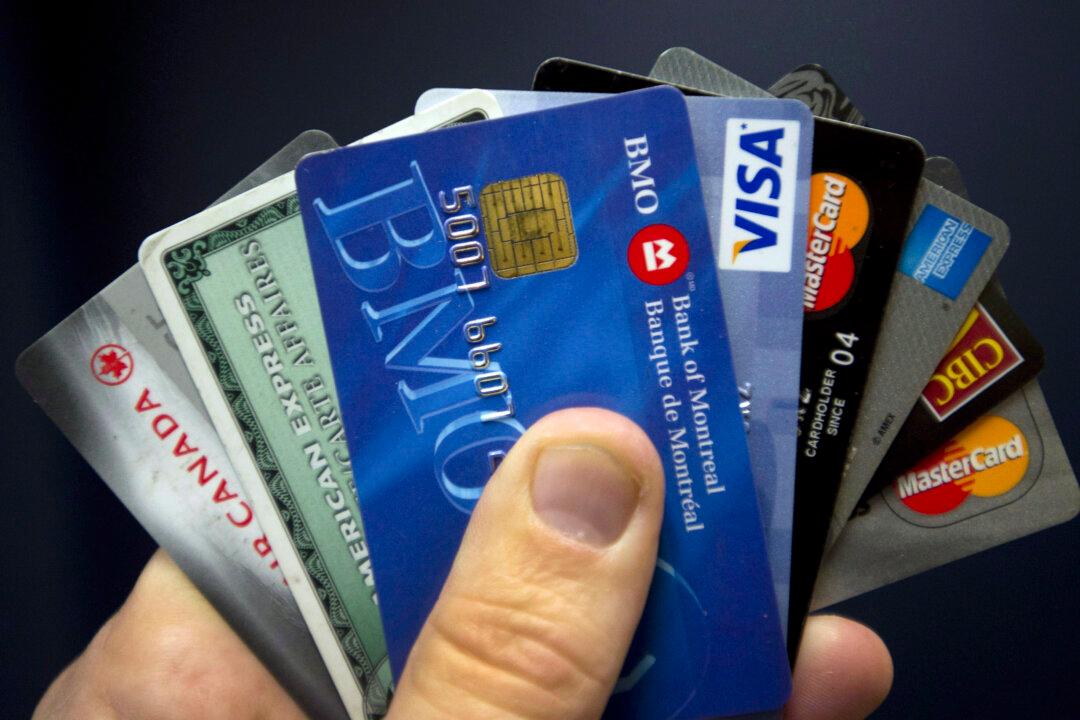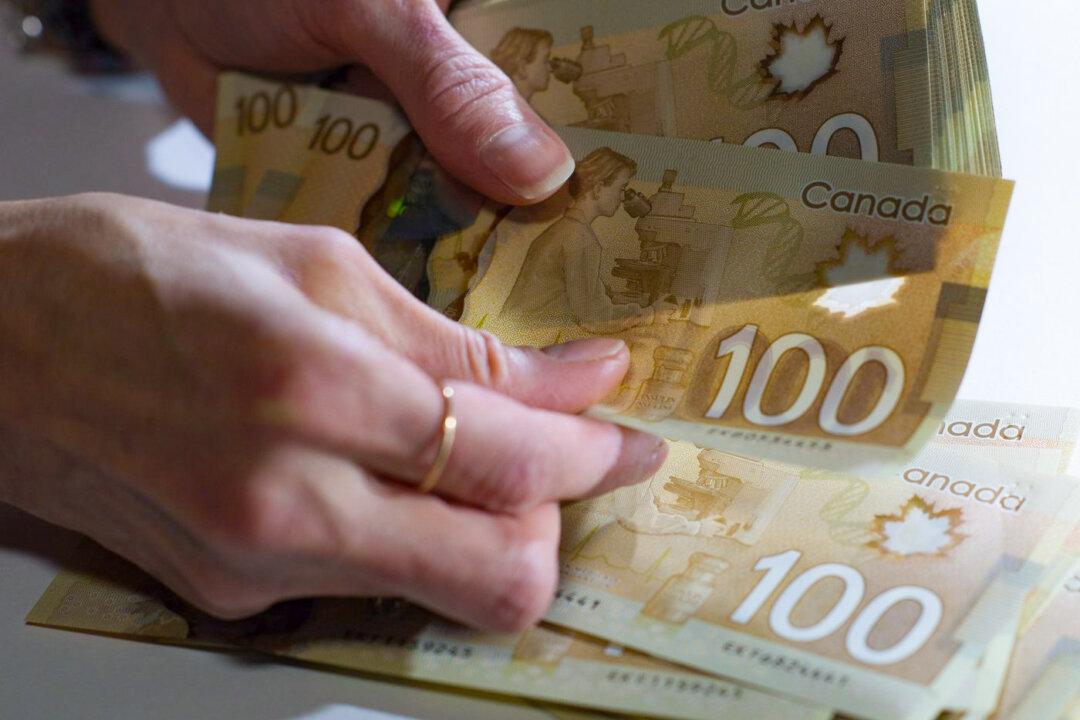New Brunswick may consider making COVID-19 vaccines mandatory down the road, says Premier Blaine Higgs.
“I think it’s something that will get further discussion in New Brunswick, and probably across the country,” said Higgs during an interview with CBC’s Power & Politics on Jan. 10, following his call with Prime Minister Justin Trudeau and the other premiers.





